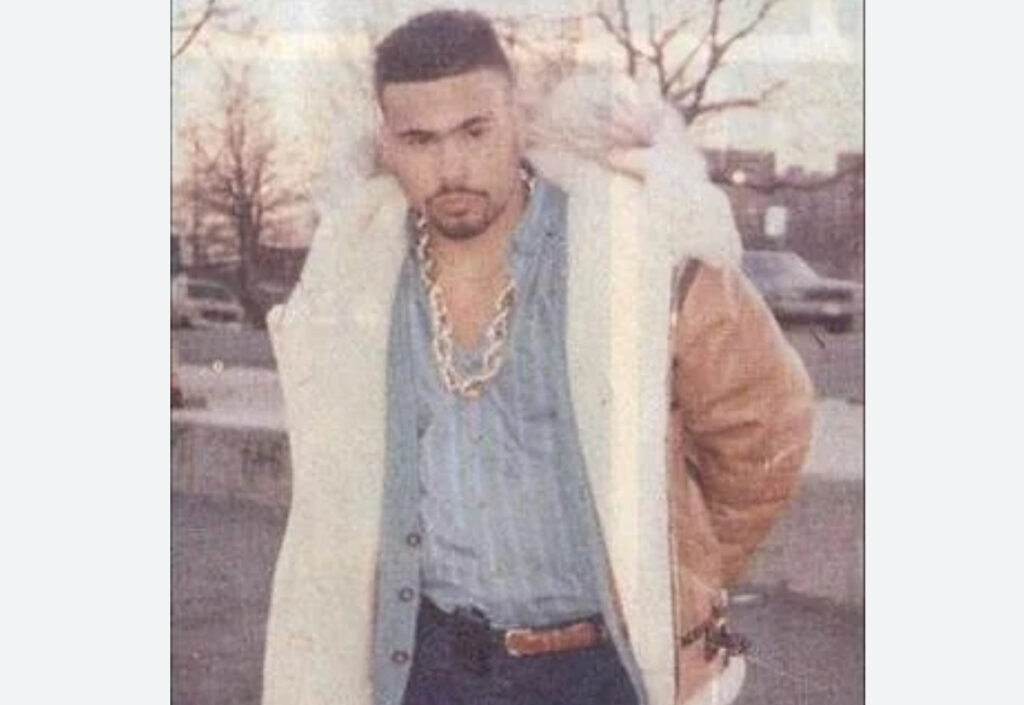Few songs capture the paradox of triumph and tragedy the way “It’s So Hard” does. Released in 2000, just months after the sudden death of Christopher Rios, better known as Big Pun, the track—featuring the velvety vocals of Donell Jones—emerged as both a radio hit and a public eulogy. For a hip-hop titan who had just begun to expand the genre’s possibilities, “It’s So Hard” is more than a single—it’s a final heartbeat.
The song arrives at the crossroads of hip-hop’s commercial ascension and the cultural mourning of a figure who represented more than lyrical dexterity. It marks the closing of a chapter in New York rap, yet also immortalizes Pun in one of the most emotionally resonant posthumous releases the genre has known.
Big Pun: A Pioneer of Weight and Wordplay
By the time of his passing in February 2000, Big Pun had already cemented his place in hip-hop history. As the first Latino solo rapper to go platinum (Capital Punishment, 1998), Pun brought not only breathless rhyme schemes and technical mastery but a charisma and cultural pride that elevated him beyond punchline artistry.
His flow was percussive, jazz-like—deftly weaving syllables with speed and control. But what made Pun special wasn’t just his rhyme schemes—it was the emotional weight behind them. Tracks like “Dream Shatterer,” “You Ain’t a Killer,” and “Still Not a Player” proved that he could do hard, smooth, and poetic, often all in the same verse.
When “It’s So Hard” dropped, listeners were ready for a celebration—but the context reshaped the experience. Instead, it became a communal cry, a moment where hip-hop had to say goodbye to one of its most vital voices.
The Beat: A Melancholy Banger
Produced by Younglord and Jay “Waxx” Garfield, the track balances mournfulness with movement. Anchored by a somber, soul-infused piano loop and laid-back drums, it provides a sonic landscape for Donell Jones’ haunting chorus and Pun’s reflective bars.
Jones sings the hook with wounded warmth:
“It’s so hard… to say goodbye to yesterday.”
The sentiment is universal, but here it takes on a visceral form. His voice carries the ache of finality, while the instrumental never collapses into full melancholy. Instead, it pushes forward, echoing Pun’s own relentless energy even in the face of absence.
This dynamic—sorrow wrapped in swagger—is what gives the song its lasting power.
The Verse: Big Pun in Reflection
Pun’s verse on “It’s So Hard” is both defiant and introspective. It’s filled with bravado, but there’s also a sense that he knew he was living on borrowed time. He raps:
“I just lost a good friend, I’ma miss you forever / ‘Til we meet again, it’s so hard.”
While his verse doesn’t directly reference his own mortality, the timing of the release transforms every line into a kind of living will. There’s celebration—mentions of champagne, crews, and loyalty—but there’s also the faint shadow of impermanence.
It’s the duality that defined his work: life at full volume, always shadowed by struggle.
Donell Jones: Soul in the Service of Hip-Hop
While Pun’s presence gives the track its lyrical gravity, Donell Jones’ contribution shouldn’t be overlooked. The Chicago-born R&B singer was rising fast at the turn of the millennium, and his voice—smooth, soulful, and aching—provided the perfect emotional counterpoint to Pun’s bravado.
Jones had just come off hits like “Where I Wanna Be,” and his R&B credibility lent the track crossover appeal. But his chorus doesn’t chase radio—it grounds the song in grief, giving hip-hop space to process a loss that was still too fresh to make sense of.
The Video: A Bronx Homecoming, a Global Goodbye
The music video for “It’s So Hard” functions as a funeral procession through the heart of hip-hop. Filmed in the Bronx and filled with cameos—from Fat Joe and Busta Rhymes to Nas, Jennifer Lopez, LL Cool J, and countless others—the video is a love letter to Pun, wrapped in the language of block parties and cathedral murals.
There are murals of Pun’s face, cars parked with trunks open, and young kids rocking T.S. (Terror Squad) shirts. It doesn’t feel staged. It feels like family. A borough. A culture.
This wasn’t a label-produced mourning—it was hip-hop grieving its own, on its own terms.
Legacy: The Song That Keeps Pun Alive
“It’s So Hard” was more than just a hit—it was a memorial in motion. It debuted at No. 75 on the Billboard Hot 100 and climbed into the Top 40—a rare feat for a posthumous hip-hop single in the early 2000s. But charts were never the point.
The song became a staple at tribute shows, on Hot 97 memorial blocks, and in countless car speakers. It played not because it was catchy, but because it was true. It encapsulated the sorrow, the pride, and the enduring love fans felt—and still feel—for Pun.
It set a blueprint for how hip-hop could handle death with dignity. Long before other tragic passings reshaped the genre—Proof, Mac Miller, Nipsey Hussle, Pop Smoke—“It’s So Hard” showed us how to honor the fallen without reducing them to ghosts.
Impression
More than two decades later, “It’s So Hard” still hits. Maybe harder. In an era where viral tracks come and go, this one stays. Because it’s not about trends—it’s about truth.
Big Pun’s voice is still here, layered in memory and verse. Donell Jones’ hook still echoes in late-night rides and quiet recollections. And the track, like the man it honors, remains unforgettable.
“It’s So Hard” isn’t just a farewell. It’s a reminder. That brilliance can burn fast. That legacy is lived through lyrics. And that some goodbyes never really end.
No comments yet.









